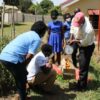Green irrigation saves water, costs, and working hours

In light of climate change, smallholder farmers in particular need to keep irrigation costs low and conserve precious water resources. In Ethiopia, Deutsche Gesellschaft für Internationale Zusammenarbeit (GIZ) and its Green People’s Energy project initiated a pilot project with local partners that does both. And makes work easier.
In view of global warming and increasing water scarcity, it is becoming more and more important to use water resources sparingly – in Ethiopia too. Costs for fossil-fuel-driven pumps are also becoming increasingly expensive and placing a heavy financial burden on small farmers in particular. “Solar-powered irrigation systems – “green irrigation” in short – can mitigate the effects of climate change, increase farmers’ productivity and strengthen their resilience,” says Anteneh Gulilat, coordinator for productive energy use and investment promotion at Green People’s Energy in Ethiopia (GBE).
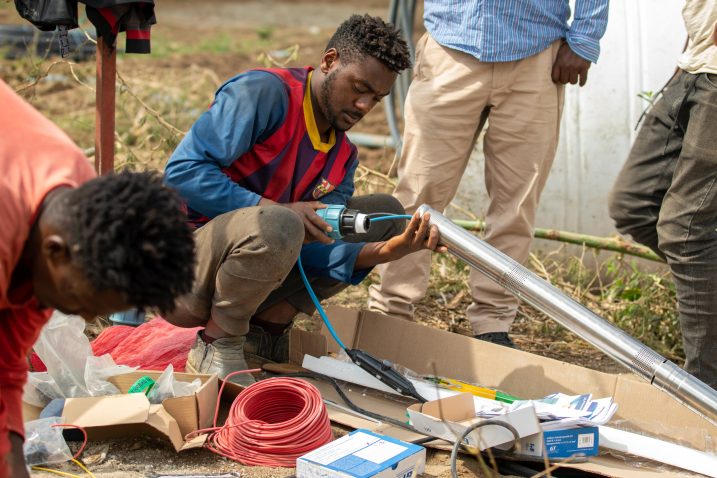
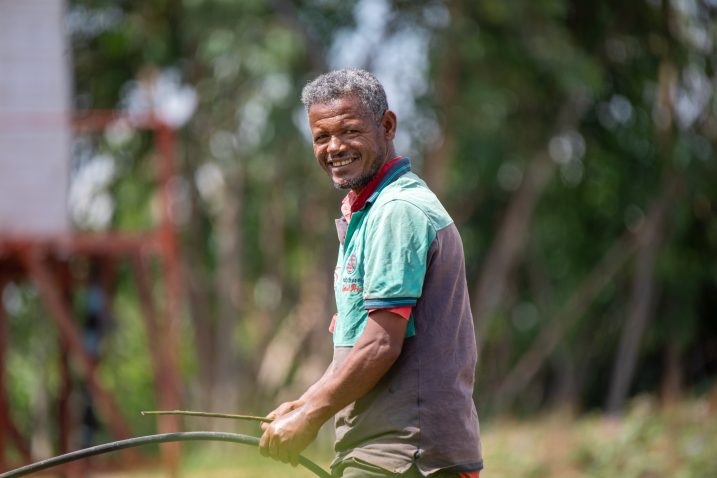
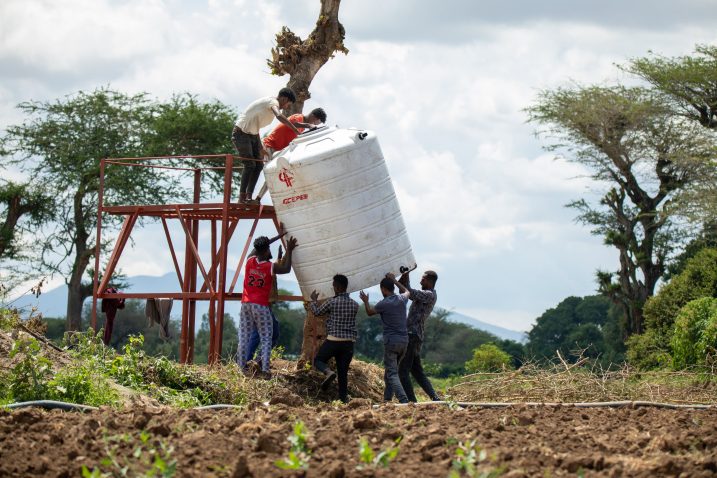
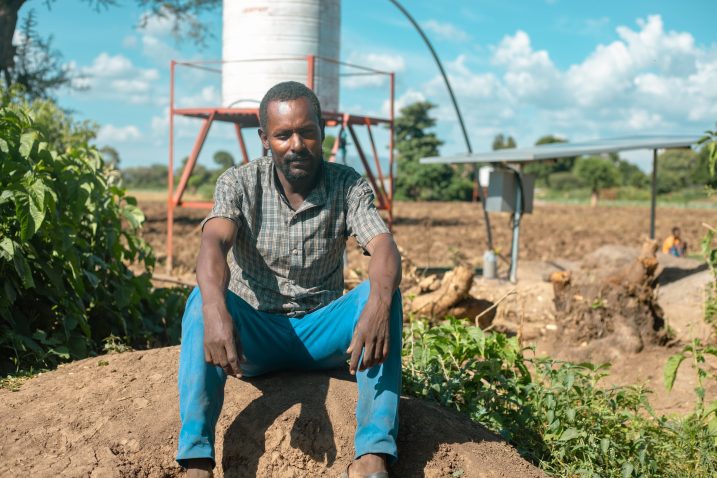
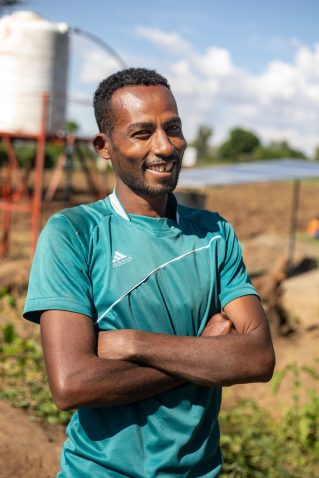
In cooperation with the Ethiopian Federal Ministry of Water and Energy and the Strengthening Rural Value Chains in Ethiopia project implemented by GIZ, GBE set up two pilot clusters for solar-powered irrigation systems. The clusters demonstrate resource-efficient irrigation systems on 29 smallholder farmers’ plots. On the one hand, the pilot project is intended to increase farmers’ productivity. On the other hand, it saves them a lot of time and physical strength – if they have been working without irrigation pumps before.
As smallholder farmer Edmealem Wanengnaw confirms, “With the help of solar irrigation, I will be able to plant and harvest three times a year in future. Before it was only possible once a year.” Smallholder Amarech Gerie describes how much of a relief it is in terms of time and physical effort. “Before, I had to draw water from the well and carry it to the field in buckets.” For her, the advantages of solar irrigation are obvious. “Today I save a lot of time and energy that I can use elsewhere,” she says. She learned how to irrigate her fields efficiently in a training course.
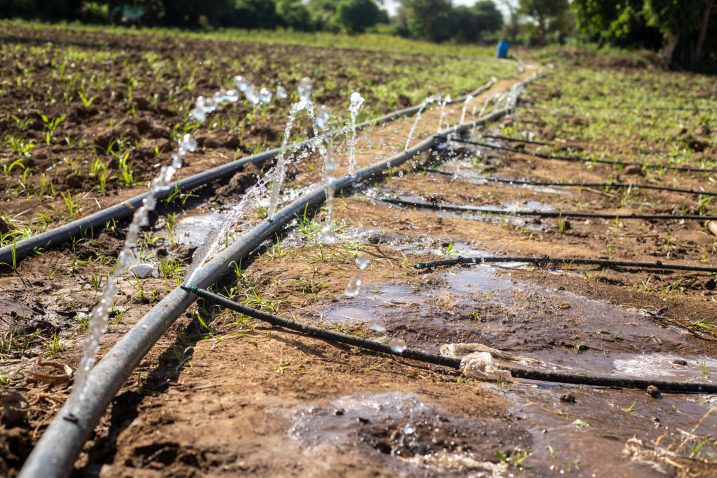
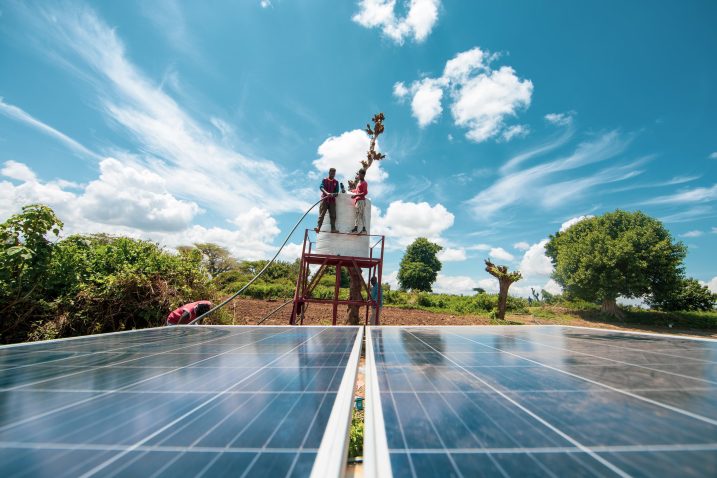
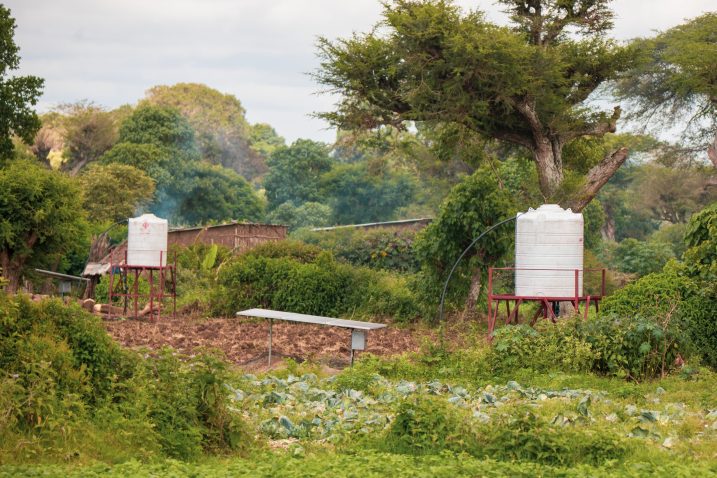
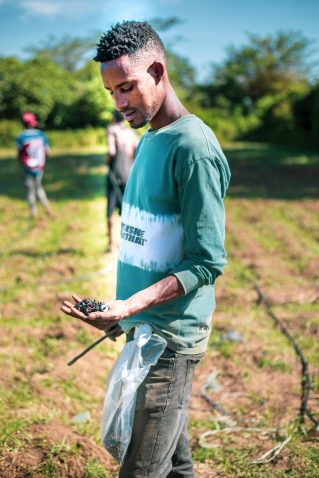
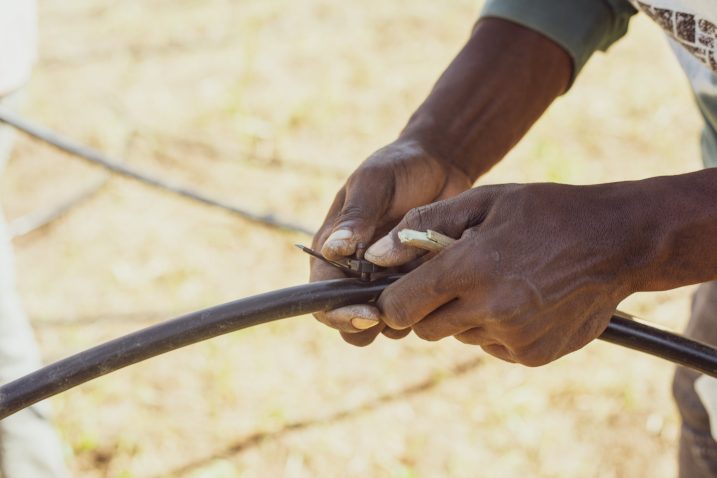
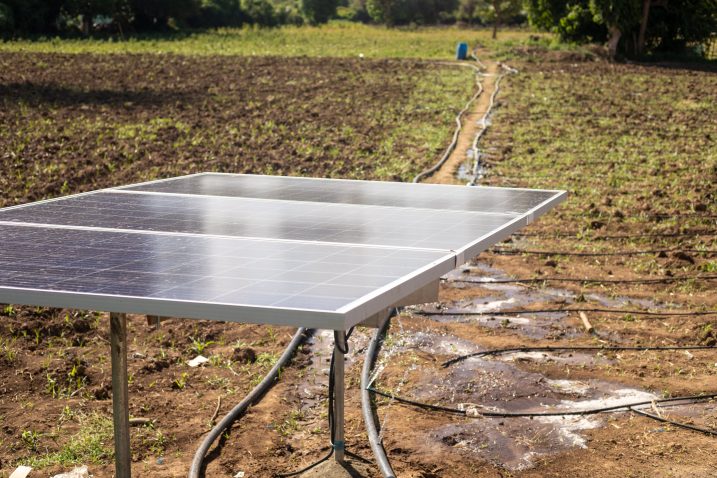
The pilot project is intended to demonstrate the advantages of solar-powered pumping systems. At the same time, it also aims to raise awareness among stakeholders from the agricultural and energy sectors, explains GBE’s Anteneh Gulilat. “We focused on high-value vegetables that can be grown on smaller plots.” The pilot clusters also demonstrate different irrigation systems. “Our goal is for other smallholder farmers to also use solar irrigation in future. We also hope other development actors will take up and promote this idea,” Gulilat adds. In this manner, GBE in Ethiopia primarily supports the energy and agricultural sectors, but also the country’s development goals.

